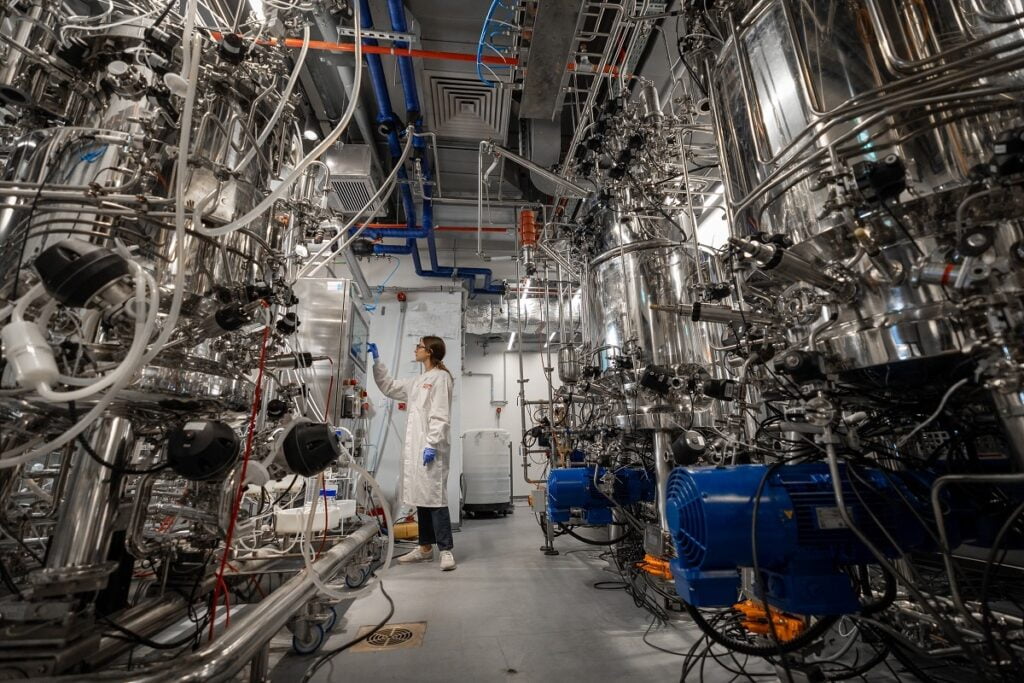Here is what DigitalFoodLab expects to see in 2023:
First, how good were we on last year’s predictions?
You can read here our 2022 set of predictions and bets. I’d say we were pretty good in a very challenging context where the ecosystem was affected by external forces.
- Grocery delivery players indeed knew a strong wave of concentration. Players in that space are now chasing after profitability.
- Plant-based is indeed down, and fermentation is the new “alternative protein star”. However, cellular agriculture is not down. Things are doing much better than I thought they would.
- We were right in predicting that investments in the infrastructure behind the future of food would be growing, notably in new ingredients, textures, and bioreactors. Again, due to the current situation and the rise in energy costs, we had not seen the problems that indoor farming startups are now facing (in Europe, other regions are not as affected by rising energy costs).
- Reusable packaging is doing well, but not that well. It rose due to some new regulations, notably in Europe.
- And we got it wrong when predicting that the ‘party would continue”. Inflation has killed it.
🏭 🥩 The great sorting through the industrialisation of alternative protein
Things are moving fast with plant-based, fermentation, and cellular agriculture. In 2022, we learned that we were still far from having products that tasted, looked and were priced as conventional animal protein ones. For 2023, we think that things will look blurry as many things will happen at the same time:
- Some will say, “this is over”, as the dispute around plant-based products will continue (as the one we commented on here). Brands will disappear, and products will be removed from the shelves simply because they don’t sell. This will affect young startups short in cash and large companies that just went there for the hype, and eventually, it may reach the big, globally-known startups.
- Cellular agriculture products will become available in some restaurants, in the US mainly. In the meantime, many startups will (finally) complete their pilot production facilities. So, we will finally know how attractive this technology is from a consumer, environmental and financial point of view. We expect the announcements of investments in large-scale facilities, probably supported by sovereign funds.
- The political debate on alternative proteins will get hot. On the one hand, it gets mixed up in the culture wars that affect the West. In reaction, many politicians will keep trying to ban companies from using some “meaty” names on their plant-based products (if not banning the products themselves). On the other hand, as said above, new alternatives will become seen as a tool of food sovereignty in other regions.
- Beyond all the noise created by alternative proteins, we expect much more “behind the scenes” around ingredients (flavours, fats, sugars, etc.) and the infrastructure (notably bioreactors). More broadly, we expect to see the start of a discussion around the end game for the more technological alternative proteins (precision fermentation, cellular agriculture): are they to be used as main ingredients or as components to upgrade the taste and functionalities of plant-based products?

📈 Things we expect to go up in 2023
- Carbon craziness: carbon accounting, carbon labelling, carbon credits for farmers and solutions to asses how carbon is stored in the soil. We expect to see a year of divergence, with many solutions being developed and experimented with before a period of rationalisation around some standards.
- Quick-commerce profitability: after a tough year and through consolidation, the number of speedy grocery delivery startups has shrunk to an almost healthy level. Moving to a franchising-based business model (as virtual restaurant brands), the survivors might reach profitability.
- New procurement solutions for foodservice businesses and small retail stores: these are sprouting all over the world, and some are already becoming giants in Asia. We expect more interest in this huge, profitable and very much undisrupted space.
📉 Things we expect to down in 2023
- Investments will keep drying up, notably large deals, at least for the first half of the year. We expect a trail of bankruptcy and failures all over the year. Depending on the broader economic situation, things may be brighter in the second half of 2023.
- Indoor farms: after a lot of hype and mega deals, fortune has turned its back on this ecosystem. However, all is not bad. We expect that some startups with a real technological edge (in growing valuable ingredients) and competitive costs will survive and eventually thrive.
And you, what are your predictions for 2023? If you want to discuss how the many disruptive FoodTech trends could affect your business, let’s plan a call and contact us here!







